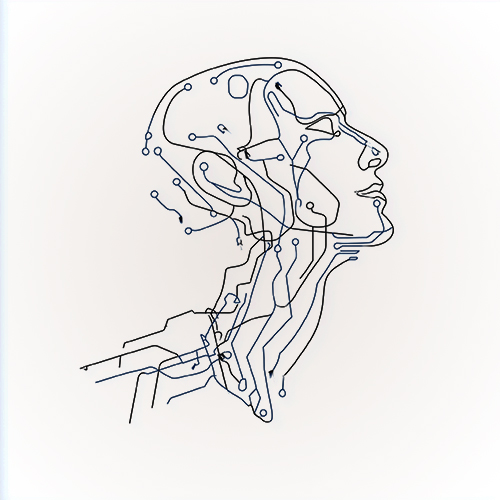Kuuntele case
ERP is no longer just an IT project – it’s the engine for business transformation

ERP projects are undergoing a radical shift as capabilities and operations evolve. However, the ingredients for success remain unchanged. Prepare carefully!
Read summary (AI generated, checked by a human)
-
ERP projects are no longer just IT initiatives but strategic business transformation programmes. Success is measured by how well ERP drives growth, renewal, and customer value, especially in an era shaped by AI and automation.
-
Preparation must reflect today’s realities: rapid technological change, AI integration, and volatile markets demand flexible, scalable solutions. Heavy customisation is avoided unless it creates clear competitive advantage.
-
ERP is an ongoing journey, not a one-off project. Strategic alignment, collaborative planning, and continuous development are essential, with built-in adaptability to ensure resilience and future readiness.
ERP (Enterprise Resource Planning) initiatives are not merely system implementations but business transformation programmes. Technology, processes, and strategy are now intertwined in a way that demands fresh thinking and careful preparation. Traditional success metrics – timeline, budget, and scope – are no longer sufficient. What truly matters now is how effectively ERP supports business growth, renewal, and customer value creation. This is especially critical today, as artificial intelligence is reshaping operating models faster than ever, and the business environment demands constant adaptability.
Why Must Preparation Be Done Differently?
Because the world has changed—and continues to change. The use of data, AI, automation, and system capabilities is transforming the nature and structure of work. Work is no longer solely carried out by people; increasingly, it is executed by systems and intelligent solutions. At the same time, the business landscape presents new challenges: geopolitical crises, supply chain vulnerabilities, and market instability, which require ERP solutions to be flexible and responsive. This directly impacts how ERP projects should be planned and managed.
15 Success Factors for the New Era of ERP Projects
- Strategy-Driven: ERP must deliver on the business strategy – not just support functions.
- Technology as a Driver of Change: It’s not just about job roles, but how technology reshapes thinking and enhances work.
- Collaborative Planning: Business, processes, and technology must be designed together – not sequentially.
- User-Centricity: Planning starts from shared goals and strategy, not old habits or preferences.
- Process Design for the Target State, Not the Current State: Don’t trap yourself in the past but leverage proven process models.
- Industry Insight: Experts must understand both the industry and the technology.
- Breaking Down Silos: Business needs are addressed collectively – external facilitation helps.
- New Metrics: KPIs are built around customer value, not internal efficiency.
- Sustainable Solutions: Use ready-made platforms – avoid heavy customisation.
- Flexible Architecture: The solution must be manageable, upgradable, and scalable.
- Future Value: Don’t plan based on yesterday’s investments – consider what’s at stake if you don’t act now.
- Continuous Development: ERP isn’t a one-off project – it’s an ongoing journey.
- Leveraging AI: Choose platforms with built-in, secure, and evolving AI. Real benefits come from platforms backed by significant investment from technology developers.
- Agile Yet Controlled: Change must be fast, but manageable – without chaos.
- Experience Matters: You need experts with a track record of successful ERP projects and ongoing development.
What Does This Mean in Practice?
Planning an ERP project is not just the responsibility of IT or business—it’s a shared strategic effort. Customisation is only done if it creates a competitive advantage; otherwise, ready-made (parameterised, configurable) solutions are used. AI is not built in-house—it’s adopted as part of a platform where development costs are shared.
Continuous development is planned from the outset. Not everything needs to be ready immediately – but the ability to change must be built in.
Summary: ERP Projects Are Evolving – But the Recipe for Success Remains
ERP must be able to adapt swiftly to changing conditions—whether technological disruption or global crises. Success lies in how well the system supports business renewal, enhances customer value, and leverages technology—especially in the age of AI and automation. The ability to adapt and evolve is no longer just a competitive edge—it’s a necessity.
True success is never accidental – it’s built through experience, insight, and the courage to do things differently.
Contact us if you wish to discuss how to succeed in an ERP project with our specialists, or read more.
Pysy askeleen edellä
Teknologia muuttaa maailmaa kiihtyvällä vauhdilla. Digia Horizon -uutiskirje pitää sinut ajan tasalla uusimmista ilmiöistä ja siitä, miten teknologia auttaa rakentamaan älykästä liiketoimintaa.




